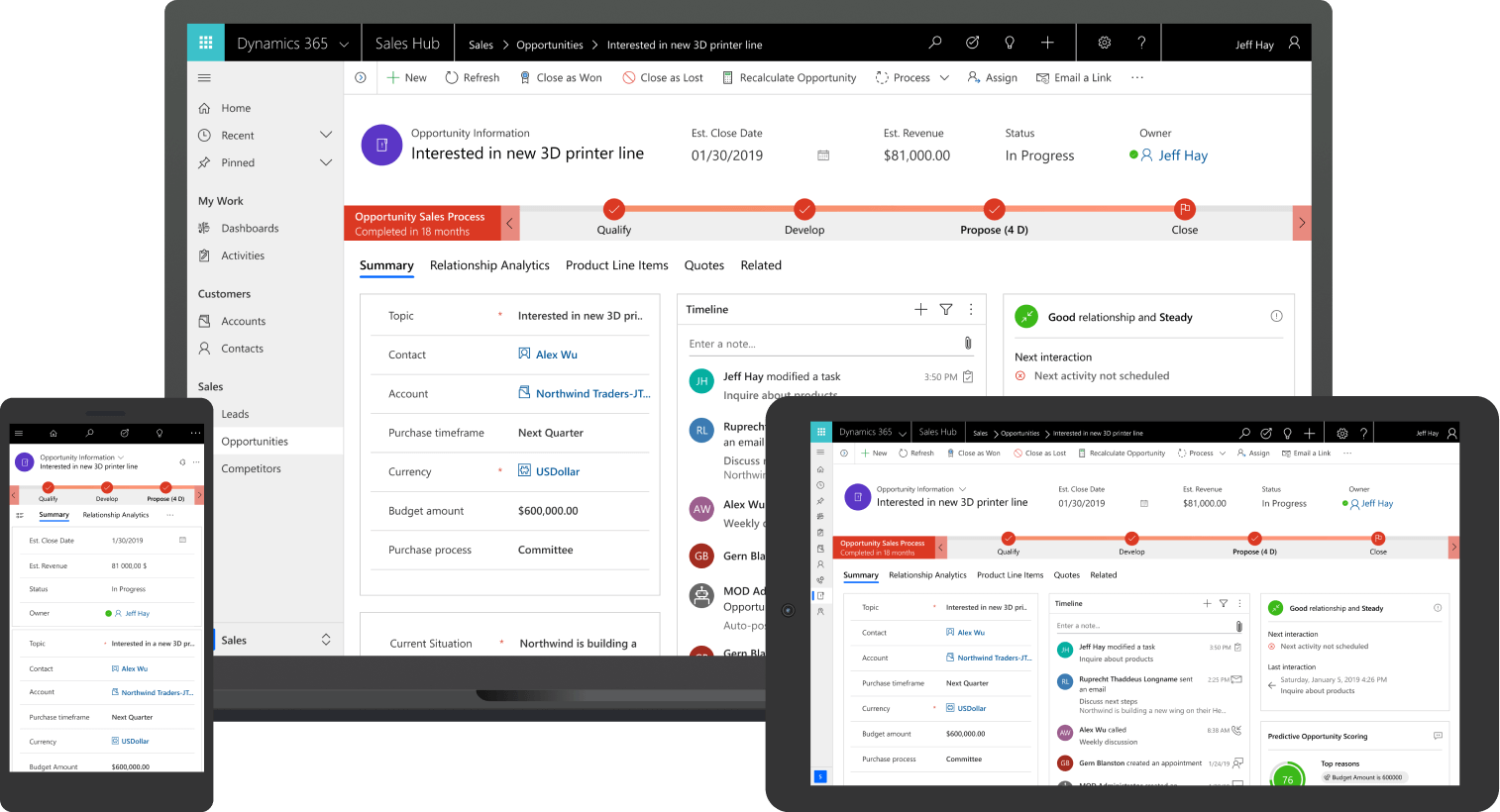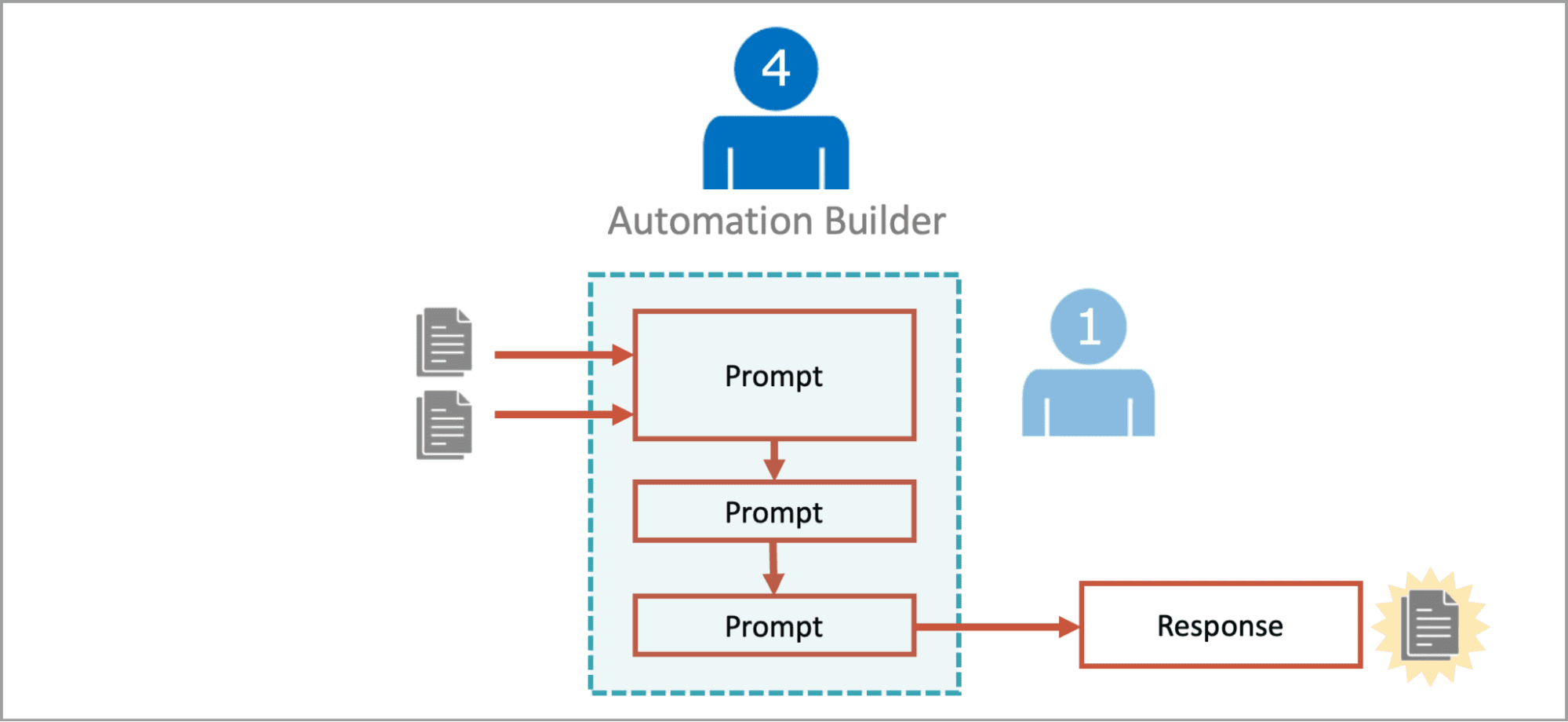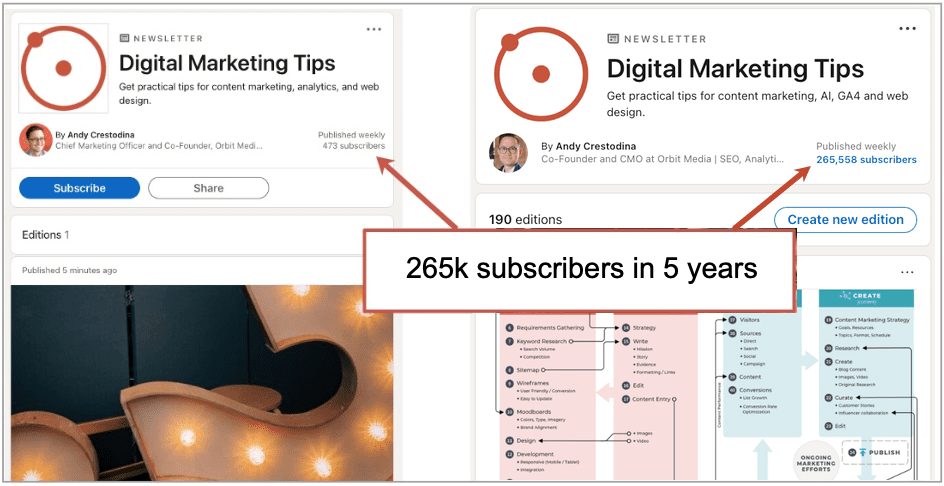Cloud Computing: The Future of IT Careers
Uncover how cloud computing is reshaping the IT landscape and why it's considered the future of tech careers. Explore industry trends, high-paying job roles, and essential skills that make Cloud Computing: The Future of IT Careers a powerful opportunity for anyone pursuing long-term success in technology.

As technology continues to evolve at an unprecedented pace, one trend has emerged as a cornerstone of the digital revolution: cloud computing. Today, Cloud Computing: The Future of IT Careers isn’t just a prediction—it’s a defining reality that is influencing hiring, innovation, and infrastructure across the globe.
Whether it's storing data, running applications, or enabling remote collaboration, cloud technology has become the backbone of modern IT ecosystems. For professionals in tech, this shift represents not only a change in tools—but a major transformation in career paths, skillsets, and job opportunities.
What’s Driving the Rise of Cloud Computing?
The demand for speed, scalability, and cost efficiency is pushing companies to adopt cloud-based solutions. Legacy systems are being replaced with flexible, agile platforms hosted on the cloud, allowing businesses to reduce IT overhead, respond faster to customer needs, and support hybrid workforces.
As a result, organizations are on the lookout for skilled professionals who can build, manage, and secure these systems. This has fueled a surge in demand for cloud-literate talent—making cloud computing one of the hottest fields in tech today.
Key Job Roles Shaping the Future
The rise of cloud computing has introduced a wave of specialized job roles, each offering exciting opportunities and high earning potential. Here are some of the most in-demand positions:
-
Cloud Engineer – Designs, implements, and manages cloud-based systems.
-
Cloud Architect – Develops the overarching cloud infrastructure and strategy.
-
DevOps Engineer – Bridges development and operations with automation in cloud environments.
-
Cloud Security Engineer – Focuses on securing cloud assets and ensuring compliance.
-
Cloud Support Specialist – Provides technical assistance for cloud services.
-
AI/ML Engineer in the Cloud – Develops machine learning models hosted on cloud platforms.
These roles often require a mix of programming, systems administration, and cybersecurity knowledge—plus a strong grasp of the specific cloud platforms used by employers (e.g., AWS, Azure, GCP).
Cloud Skills That Set You Apart
To succeed in this space, IT professionals need to master a combination of technical and business-oriented skills. Among the most valuable are:
-
Cloud Platform Proficiency: Deep knowledge of AWS, Microsoft Azure, or Google Cloud Platform.
-
Scripting & Automation: Familiarity with Python, PowerShell, or Bash for automating cloud tasks.
-
Infrastructure as Code (IaC): Tools like Terraform and AWS CloudFormation are essential for modern deployments.
-
Containerization & Orchestration: Mastering Docker and Kubernetes is a must for scalable applications.
-
Security & Compliance: Knowledge of identity access management (IAM), encryption, and compliance standards.
Beyond these, soft skills such as problem-solving, adaptability, and effective communication also play a crucial role in succeeding in cloud-based roles.
Cloud Certifications: Your Ticket to a New Career
Certifications validate your expertise and show employers you're serious about cloud. The top certifications employers look for include:
-
AWS Certified Solutions Architect – Associate
-
Microsoft Certified: Azure Solutions Architect Expert
-
Google Professional Cloud Architect
-
Certified Kubernetes Administrator (CKA)
-
CompTIA Cloud+
Earning one or more of these can significantly boost your resume, especially when paired with hands-on experience through labs, projects, or freelance work.
Industries Embracing the Cloud
Cloud computing is not limited to tech companies. It’s being adopted across virtually every industry:
-
Healthcare uses cloud systems for patient data and telehealth.
-
Finance depends on the cloud for high-speed trading, fraud detection, and data compliance.
-
Retail & eCommerce rely on scalable cloud platforms to handle demand surges and manage logistics.
-
Media & Entertainment stream content globally using cloud storage and CDN services.
-
Education has shifted to cloud-powered virtual classrooms and collaboration tools.
This cross-industry demand ensures that cloud professionals are not confined to one sector—they have the flexibility to explore diverse fields and roles.
Why Cloud Means Career Longevity
In the past, IT professionals often feared being left behind by rapidly evolving technologies. Cloud computing offers a different story—it’s built to evolve. The major providers continuously roll out new features, services, and tools, keeping the technology fresh and the need for skilled professionals constant.
Moreover, cloud computing is closely tied to emerging tech such as artificial intelligence, IoT, blockchain, and edge computing. By working in the cloud space, you’re positioning yourself at the center of future innovations.
How to Get Started
If you're just beginning or transitioning into cloud computing, here’s a practical roadmap:
-
Pick a Platform – Start with AWS, Azure, or GCP depending on your interests or the market in your region.
-
Enroll in Free Training – Platforms like AWS Skill Builder, Microsoft Learn, and Google Cloud Skills Boost offer beginner-friendly paths.
-
Get Hands-On – Practice with sandbox environments or labs like Qwiklabs, A Cloud Guru, or GitHub-based projects.
-
Build a Portfolio – Showcase your cloud knowledge by deploying a personal website, chatbot, or serverless app.
-
Network & Learn – Join cloud communities on LinkedIn, Reddit, and Discord to stay updated and inspired.
Final Thoughts
Cloud Computing: The Future of IT Careers reflects a fundamental shift in the way technology professionals build and sustain their careers. With endless learning opportunities, global demand, and cross-industry relevance, cloud computing offers a rare blend of job security, flexibility, and innovation.
Whether you're looking to future-proof your current IT role or completely pivot into tech, there’s no better time to invest in cloud computing. The cloud isn’t just the future of IT—it’s the present, and it’s only gaining momentum.















































































































![Building A Digital PR Strategy: 10 Essential Steps for Beginners [With Examples]](https://buzzsumo.com/wp-content/uploads/2023/09/Building-A-Digital-PR-Strategy-10-Essential-Steps-for-Beginners-With-Examples-bblog-masthead.jpg)









































